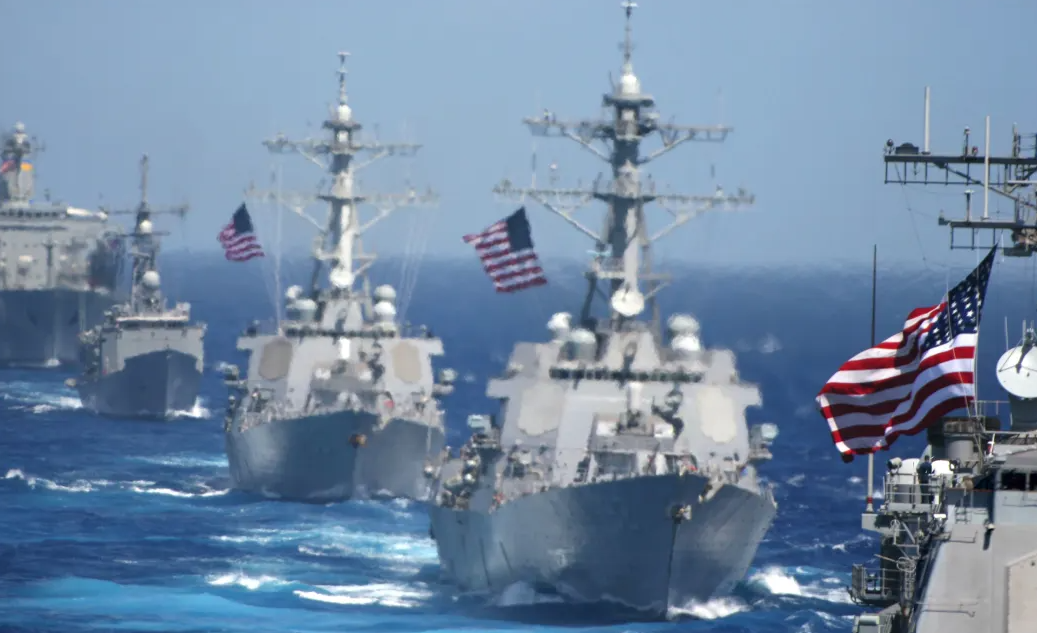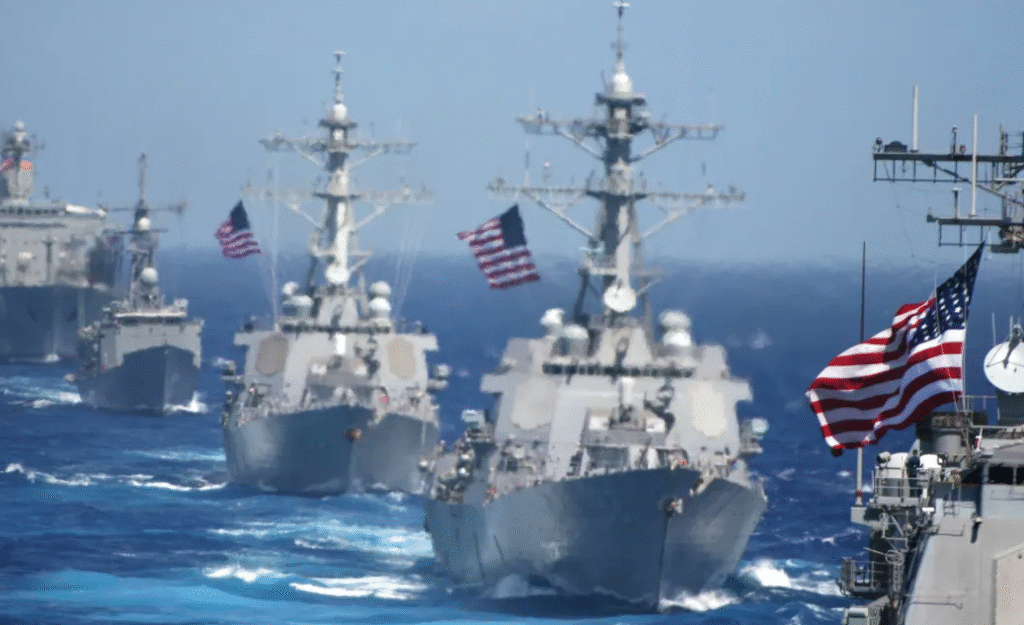
THERE is no one-size-fits-all answer when it comes to solving complex geopolitical concerns in our region of the world. The renewed fear mongering about the People’s Republic of China as a major enemy of the U.S. sets a dangerous precedent for how we can respond to the tensions we see surrounding us in the CNMI. Rooted in a long history of Sinophobia (fear, dislike or hate of China or anyone and anything from China) and “yellow peril” ideologies in the U.S., contemporary anti-China rhetoric is on the rise and it’s being used to motivate public opinion to garner support for U.S. policies that may not necessarily benefit our community. It tells us that if we unequivocally support the U.S. in crushing China, we are being patriotic and therefore positive. Anyone who questions increasing militarization is seen as anti-American and unsupportive. When things become this oversimplified, pro-China = bad, pro-American = good, it’s probably time to take a step back to think about who benefits from this messaging. To assert that anyone who resists militarization is somehow pro-PRC or pro-Chinese Communist Party is a dangerous game to play. It places us in a position where we must maintain unequivocal adherence and allegiance to U.S. policies without any critical thinking, even as we witness the destruction of our lands at the hands of the military for exercises and infrastructure expansion. It effectively silences any valid critique of the largest and most dominant military on the planet, whose budget now exceeds 1 trillion dollars. That’s right, $1,000,000,000,000 is being spent on military and weapons systems for Fiscal Year 2024.
Why does this matter? It matters because our social, political and economic futures in the CNMI are intimately tied to how much support we have for the U.S. policies and increasing militarization in the region. Take the recent pivot away from Chinese tourism. This shift was a direct response to U.S. fears of PRC involvement in the CNMI. Now we are witnessing a worsening economic crisis fueled in part by this shift. Such a seismic change in economic policy should have been met with an equally urgent backup plan for replacing lost revenues. Instead, our government is now left to depend on the U.S. for economic assistance while it asks us to bear the economic burden of this pivot for the sake of “security.” Furthermore, there is a massive difference between legitimate critiques of PRC spying, blatant human rights violations and questionable economic dealings versus assertions that Chinese tourists are proxies for illicit PRC government activity. In fact, the blurring of these distinctions actually undermines these legitimate critiques of PRC violations. Make no mistake, the PRC is no teddy bear, but as in any world conflict, we have to take seriously the respect for human dignity by refusing to conflate our respect and understanding of peoples with their governments.
All of this is to say that a strong community-led resistance to militarization actually means a more secure future for our community because it means less reliance on a corrupt military-industrial complex that prioritizes profits over people, including those in the military itself. It could mean less provocation and a call for more serious dialogue between the CNMI government and the U.S. and between the U.S. and China. Resisting militarization is a strategy to promote agency in our political decision-making and uphold the importance of our sovereignty. It is unrealistic to try and promote peace in the region while supporting the aggressive militarization of our islands and expect every other major power not to take this building-up as a threat.
Fear creates panic which makes it really difficult to assess how credible threats actually are and to whom, especially when we are surrounded by U.S. media that has benefitted from sensationalizing this threat. Take a moment to think about the top three reasons you’ve been told the PRC is an enemy to the United States? Where did you hear about this information and what is it motivating you to do? What data are we using to assess threats? Furthermore, how should the CNMI respond given our relationship to the United States? It is exceedingly important to be clear about what these threats are in order to assess whether the response to these threats is warranted on our islands, and whether competition is the same thing as a direct threat to “security”. Building a new base on Tinian in response to threats that may or may not be verifiable is a big chance to be taking on our lives and our island ecosystems, especially when some of the most important decisions about our futures are being made all the way in Washington, D.C. In the end, fear-mongering neither helps us prepare for the possibility of an attack nor does it help us grasp the severity of the threats. It is not a sound political strategy and does not provide a plan for our future outside of anything except more support for U.S. militarization at all costs. We have yet to witness a plan of action for what successful engagement and cooperation with China would look like from the CNMI’s vantage point. As the U.S. continues to prime our islands for war, our lands are being trained and tested on to the detriment of native terrestrial species, marine life, water quality, the soil, and so much more. Why wouldn’t we want to question whether these plans are good for us when our lands, seas, and skies sustain our very being and our identities as islanders? Holding the PRC accountable and critiquing destructive militarization is not at odds. Rather, both concerns can and do exist at the same time. At the end of the day, we can’t eat bullets or bombs, so it’s probably best we don’t depend on them as a source of sustenance moving forward.











